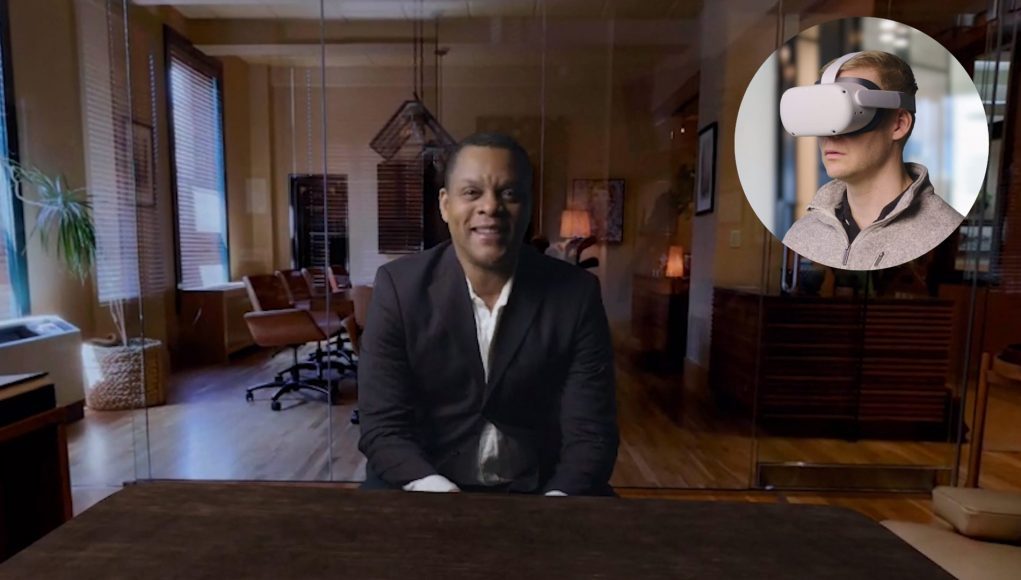Moth+Flame, a creator of VR training software, today announced it’s garnered $2.5 million in seed funding to expand the scale of its workplace VR training technology.
The New York-based company’s latest funding round was led by Bee Partners with additional investment from First In, Meeting Street Capital, Service Provider Capital, Spacecadet, and Dan Farah, producer of Steven Spielberg’s film adaptation of Ready Player One.
Founded in 2015, Moth+Flame currently develop a few VR training platforms, namely READY VR and PromiseVR, which respectively focus on the acquisition of hard and soft job skills. With the natural language processing and realistically simulated environments, the company’s VR training tech is said to actively engage users by letting them use their own voice in conversations with human actors.
To see PromiseVR in action, check out the three-minute video below, which shows the company’s workplace racial bias training.
“From confronting critical issues like racial bias and suicide prevention to powering immersive learning for pilots and office workers, Moth+Flame’s technology ushers in a new future of education,” said Kevin Cornish, CEO and Founder of Moth+Flame. “Our investors recognize the important work we do and have armed us with the tools we need to grow faster than ever.”
Moth+Flame’s READY VR is currently used by the United States Air Force, via the company’s tailor-made pilot and maintenance training, which encompasses 12 aircraft models. The US Air Force has also licensed suicide and sexual assault prevention curriculum from Moth + Flame.
Moth+Flame has also worked with a number of other high-profile customers, including Netflix, Accenture, IMAX, Estee Lauder Companies, Google, Oculus, AMC, Discovery, MTV, AT&T, Ram Truck, AMD and Taylor Swift.







